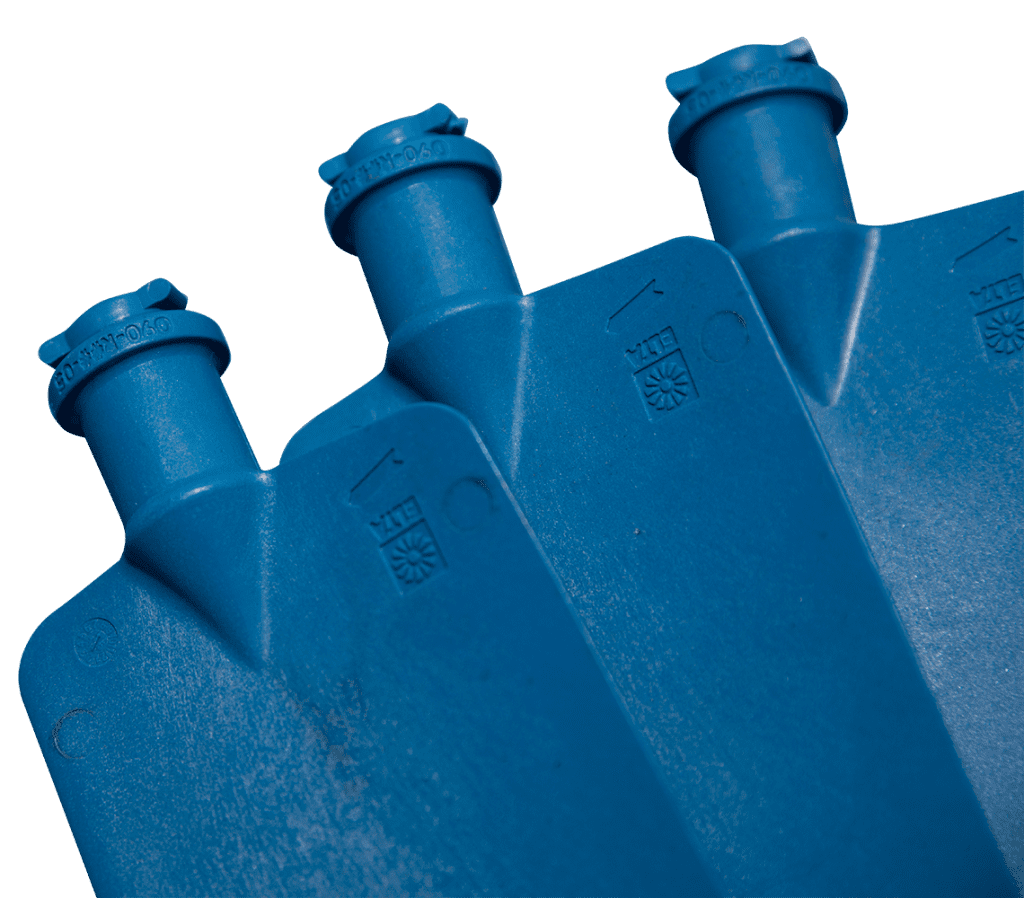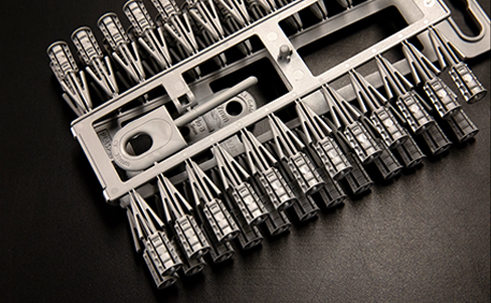Thermosetting Plastic
What Is Thermosetting Plastic?
A polymer plastic which cures irreversibly is called a thermosetting plastic. It can cure because of heating, owing to a chemical reaction, or following irradiation like processing by means of electronic beams.
Before the thermosetting plastic cures it is malleable and can be moulded into different forms, or used as an adhesive. In some cases, however, thermosetting plastics are solid, for example compounds used in integrated circuits and in semiconductors.
After a thermoset materials cures, it cannot be melted again in order to become malleable. The change from liquid to solid state is irreversible. The reason is that the curing process acts on the plastic by means of a cross linking process. As a result, molecules with larger weight are formed, so the melting point of the thermosetting plastic becomes higher. When uncontrolled reheating is implemented, the plastic reaches decomposition temperature prior to attaining the melting point. So thermosetting plastic cannot be recycled. They can only be used as filler materials.

Thermoset materials are stronger than thermoplastics, as a result of the cross linking network formed. They are used in high temperature applications, as long as these temperatures are below decomposition temperature.
Moulding of thermoset materials can be achieved by one of the following methods: reactive injection moulding (used to produce milk bottle crates), extrusion moulding (used to produce pipes, threads, electrical cable insulation), compression moulding (used for shaping of thermosetting plastics), spin casting (used to make figurines, gaming miniatures, replacement parts).

Thermosetting Plastic Examples
These are a few thermosetting plastic examples: vulcanised rubber, bakelite (which is used in electrical insulators), duroplast (used to produce car parts), urea-formaldehyde foam (used to produce plywood, fibreboard, and particleboard), melamine resin (used to produce worktop surfaces), epoxy resin (used in fibre reinforced plastics, e.g. glass reinforced plastics), polyimides (used to produce PC boards and plane parts).
We’d Love to Hear From You, Get In Touch With Us!
Please contact us if you would like to receive a quotation and/or to find our more about how we can provide the service you are looking for.




